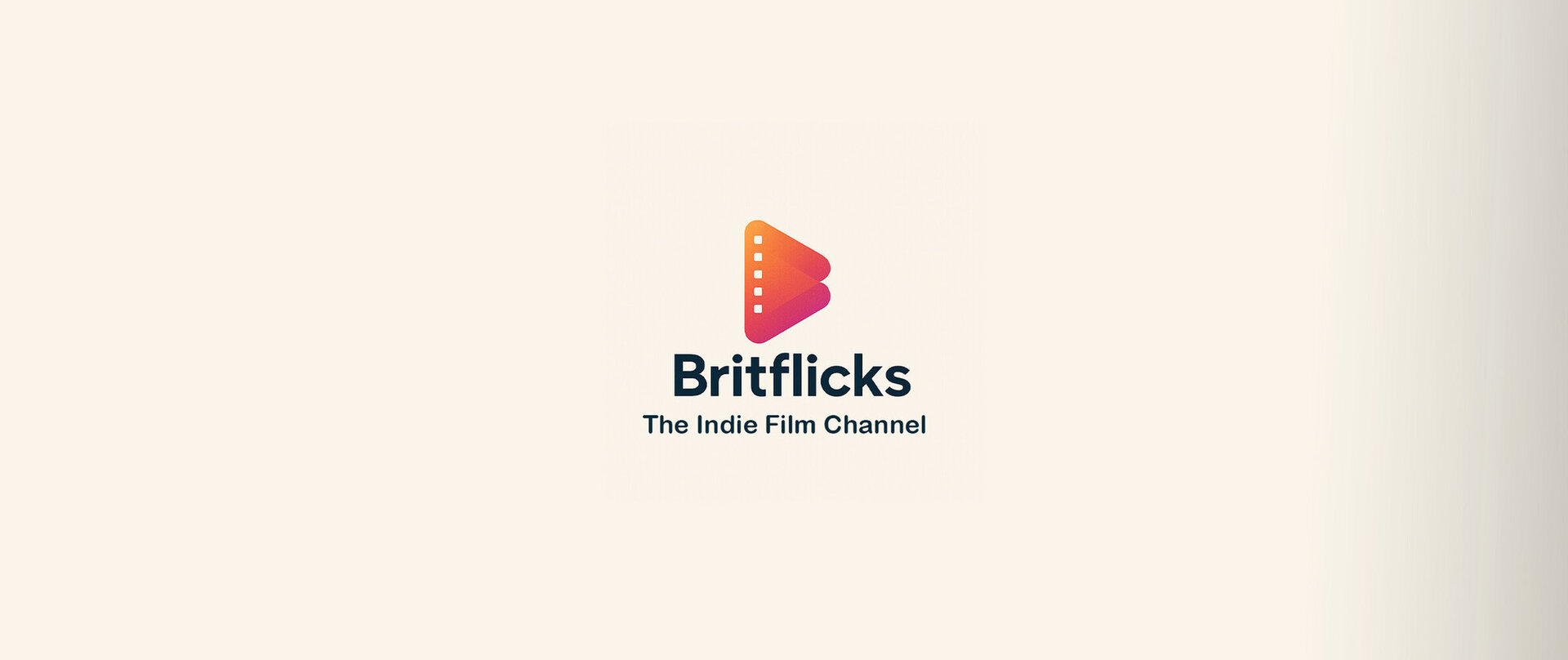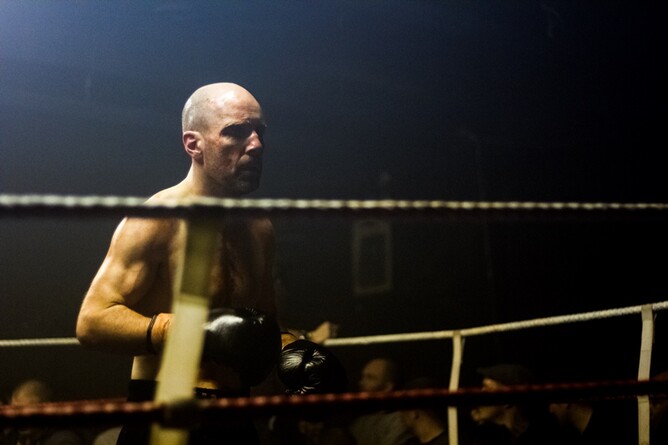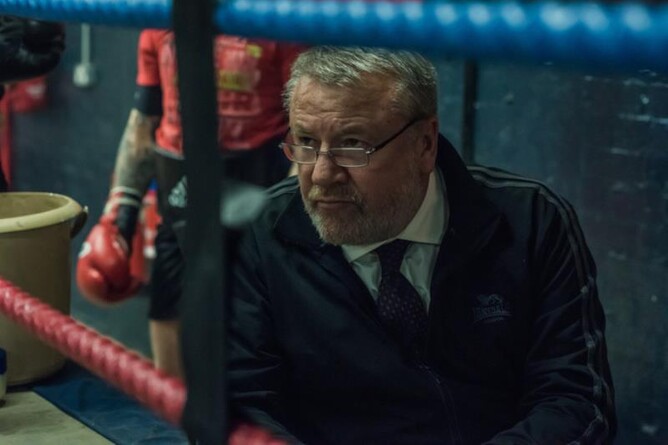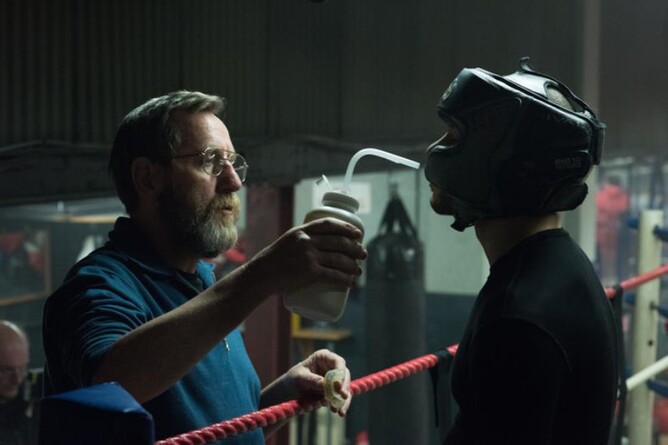JAWBONE: Beautifully shot, brutal and gritty in places and with pitch perfect performances...
It’s a shame, or rather a travesty, JAWBONE did not receive a wider release in this country. With all the recognisable talent involved in making the film, Ray Winstone, Ian McShane, and Paul Weller, you would have hoped this alone would have been enough to secure a nationwide deal. But this is not the only reason why JAWBONE should reach an audience it deserves. The film is powerful. Beautifully shot, brutal and gritty in places and with pitch perfect performances, JAWBONE should be a classic British film. I fear though, it will be to I, Daniel Blake (2016) as Ill Manors (2012) is to The Selfish Giant (2013); overshadowed by films considered the more ‘classic’ and acceptable of British social realist films. That’s the real travesty, because JAWBONE is deserving of all the critical acclaim it has, and will receive.
Written by and starring Johnny Harris, the film follows Jimmy McCabe (Harris), a former youth boxing champion brought low by alcoholism and depression.
Written by and starring Johnny Harris, the film follows Jimmy McCabe (Harris), a former youth boxing champion brought low by alcoholism and depression. When we first encounter Jimmy, he’s hit rock bottom and on the brink of being evicted from his home. Returning to the one thing he has left, boxing, Jimmy tries to get his life back on track. But life for an alcoholic ex-contender isn’t easy, leaving Jimmy little option but to return to unlicensed bouts to earn a living. A return to the ring brings Jimmy back to the only family he now has left, gym owner Bill (Ray Winstone) and corner-man, Eddie (Michael Smiley). As the film progresses, Jimmy’s resilience is tested by his inner demons and by tragedy. Will Jimmy receive the redemption and peace he’s been looking for?
Harris’ performance is so compelling, you cannot deny his commitment and sincerity in making a film...
While JAWBONE is a showcase (and deservedly so) for the working-class masculinities that have dominated British popular culture over the last forty years (Winstone, McShane, Weller), the film belongs to Johnny Harris. Harris’ performance is so compelling, you cannot deny his commitment and sincerity in making a film, and a performance, that feels undeniably authentic. It is obvious this is an intensely personal project for him and Harris has explained how the film is based on his own experiences, “the working-class men… from Fitzroy Lodge”. The camera is never far from him throughout, making McCabe’s sweat, tears and pain almost tangible for the audience. Jimmy’s loneliness and isolation is often accentuated by being consistently framed alone in a shot. Jimmy doesn’t say much either. The lack of dialogue allows Harris’ acting to be carried by his physical frame. For a film brimming with masculinity, don’t be surprised if Harris’ performance moves you to tears. His eyes convey a man living with pain no one should bear alone.
Whether you like boxing films, or brit-grit films, there is something here for you.
Whether you like boxing films, or brit-grit films, there is something here for you. In essence, JAWBONE is a character study of a man who lives on the margins of society and who is haunted by a future that might have been. It is what Harris wanted, “a working-class film with poetry to it”. Let’s hope Harris remains with us as long as Winstone, McShane and Weller have done. On this evidence, he is overdue a deservedly bright future.
Katerina Flint-Nicol



